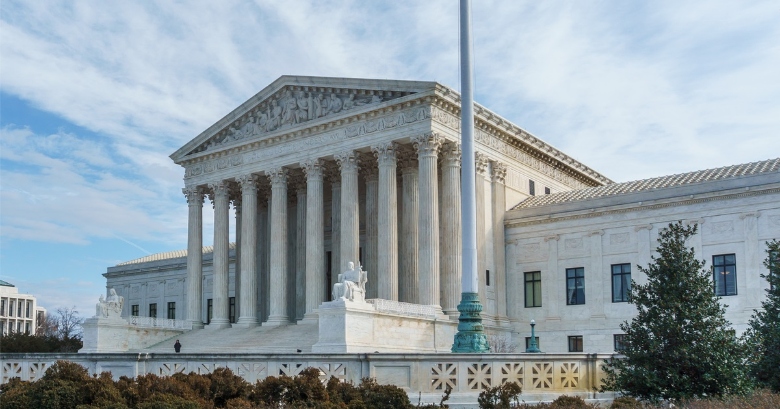🔴 Website 👉 https://u-s-news.com/
Telegram 👉 https://t.me/usnewscom_channel
The Supreme Court is set to hear United States v. Skrmetti, a case that will address Tennessee’s law banning transgender surgeries and hormone prescriptions for minors. The case has captured national attention, as it could have far-reaching implications for similar laws enacted in other states. With a conservative majority on the bench, Republicans are optimistic that the court will uphold such legislation.
The case revolves around a law signed by Tennessee Governor Bill Lee in March, which prohibits minors from receiving gender-affirming surgeries and hormone treatments. Tennessee Attorney General Jonathan Skrmetti, who is defending the law, argues it is necessary to protect children from irreversible procedures they may later regret.
Skrmetti expressed his confidence in the Supreme Court’s review, stating, “We fought hard to defend Tennessee’s law protecting kids from irreversible gender treatments and secured a thoughtful and well-reasoned opinion from the Sixth Circuit. I look forward to finishing the fight in the United States Supreme Court.”
This law is part of a broader trend: around 20 states have implemented similar measures. Proponents argue these laws shield minors from making life-altering decisions before they are emotionally and physically mature enough to understand the consequences.
The Department of Justice (DOJ) strongly opposes Tennessee’s law, arguing it constitutes unconstitutional discrimination and undermines the rights of transgender individuals. The DOJ contends that such medical procedures are often deemed “medically necessary” by healthcare professionals for transgender youth.
Henry Leventis, U.S. Attorney for the Middle District of Tennessee, criticized the law, saying it would prevent minors from receiving essential medical care approved by their doctors and parents.
“Left unchallenged, it would prohibit transgender children from receiving healthcare that their medical providers and their parents have determined to be medically necessary,” Leventis stated. He also accused Tennessee legislators of substituting the judgment of medical professionals with their own and codifying discrimination against a vulnerable population.
Assistant Attorney General Kristen Clarke echoed this sentiment, stating, “No person should be denied access to necessary medical care just because of their transgender status.”
In a brief submitted to the Supreme Court, Skrmetti emphasized that Tennessee’s law is not discriminatory. Instead, he framed it as a common-sense regulation on medical treatments for minors.
“It is not unconstitutional discrimination to say that drugs can be prescribed for one reason but not another,” Skrmetti wrote, adding that states regularly impose age- and use-based restrictions on medications. He further argued that the law was enacted to weigh the long-term risks and benefits of such treatments carefully.
Proponents of the law contend that gender-affirming procedures, such as surgeries and hormone treatments, involve irreversible changes that minors may later regret. They argue that states have a duty to intervene when it comes to protecting children from potentially harmful medical decisions.
The Tennessee case is part of a larger cultural and legal battle over transgender rights and medical care in the United States. Advocates for transgender youth argue that access to gender-affirming care is essential for their mental health and overall well-being. They point to studies showing that such treatments significantly reduce rates of depression and suicide among transgender individuals.
Opponents counter that these procedures are experimental and carry risks of permanent harm. They argue that minors are not equipped to make such profound decisions and that parents and medical professionals cannot justify making irreversible choices on their behalf.
The Supreme Court’s decision could have sweeping implications, not just for Tennessee, but for similar laws in other states. It could also set a precedent for how courts interpret constitutional protections related to gender identity.
Legal analysts suggest that the Supreme Court’s ruling could go one of several ways. The justices may uphold Tennessee’s law, paving the way for other states to enforce similar bans. Alternatively, they could strike it down, affirming the DOJ’s argument that such bans violate constitutional rights.
Regardless of the outcome, the decision will likely deepen the nation’s already intense debate over transgender rights and the role of government in regulating medical care for minors.
For now, both sides await the court’s hearing and ultimate ruling, knowing the stakes are high for transgender youth, their families, and the broader LGBTQ+ community. The Supreme Court’s decision will undoubtedly shape the future of this contentious issue and signal how far states can go in regulating gender-affirming medical treatments.
The case, set to be heard in the coming months, marks a pivotal moment for the Supreme Court as it tackles yet another contentious issue that underscores the nation’s ideological divides.
